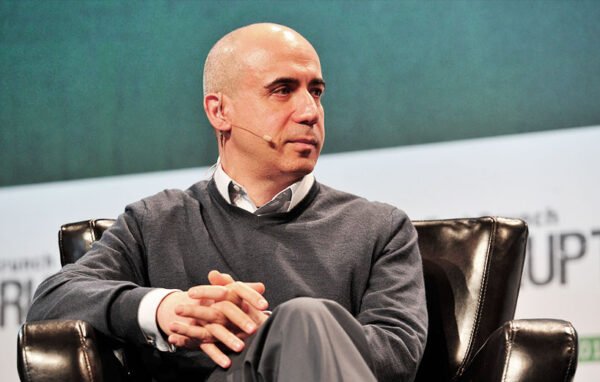
5 Reasons to Join Dry January
5 reasons to join Dry January
Tempted to jump on the Dry January bandwagon, but not sure on the actual benefits of this? We spoke to leading Nutritionists to discuss the benefits on going tea-total.
1. Alcohol may be making you depressed and anxious
Did you know that alcohol increase a neurotransmitter called dopamine? Dopamine makes us feel rewarded and pleasurable but this doesn’t last forever and – once levels fall – we can feel lower than we did before.
“As alcohol reduces the absorption of many essential nutrients, it may be having a major impact on your brain chemistry in a negative way. For example, those consuming excessive alcohol may have lower levels of tryptophan (the amino acid that is converted to serotonin). Low serotonin is a major feature of depression. Selenium deficiency may occur as a result of alcohol intake and is associated with depression, anxiety, confusion and hostility. The absorption of B vitamins are majorly affected by alcohol consumption, and deficiency in these crucially important vitamins will add to stress, nervous tension and energy levels,” explains leading nutritionist Elouise Bauskis from www.nutricentre.com
So as tempting as a cocktail bar look, especially when we feel low, try to stay away from the alcohol this winter.
2. Alcohol can negatively affect your sex life and fertility
“Alcohol reduces the body’s storage of the essential mineral zinc. Zinc is involved in hundreds of reactions in the body, so without it, many processes suffer, including your hormonal balance and fertility. For men it can reduce testosterone production and cause erectile dysfunction, and for women it can disrupt your menstrual cycle, and if you’re thinking about having a baby, alcohol consumption can increase your chance of miscarriage and birth defects,” explains Elouise.
Try Quest Vitamin’s Synergistic Zinc, £2.96 (month’s supply) from www.revital.co.uk
3, Alcohol contains more calories than sugar
Even if we stick to just one or two drinks, many of us simply do not realise the extent to which alcohol notches up the calories. “Alcohol contains 7 calories per gram versus sugar’s 4 calories per gram! Alcohol binges are a classic way to set up a cycle of cravings for sugary, stodgy foods the day after,” explains Nutritionist Cassandra Barns.
The calories per gram of alcohol (7) are second only to fat (9). In fact, the average wine-drinker in England takes in around 2000kcal per month from alcohol! Creamy liqueurs and beers are also to blame, not to mention sugar-laden cocktails.
4. Alcohol can lead to unhealthy skin
“Staying hydrated is essential for that healthy glow. Alcohol is a key culprit in leading to your skin feeling de-hydrated and dry. Remember to drink 1.5 to 2 litres of water a day to ensure skin remains hydrated. If you do crack under the pressure and fancy an alcoholic beverage, make sure you increase your water intake to help counteract the negative impact of that the alcohol can have on your skin,” explains Cassandra.
5. Alcohol can disrupt sleep
“Every person will have different tolerance levels, but too much alcohol can disrupt sleep: although it may make us fall asleep quickly, sleep is poor quality and we can wake up after a few hours and be unable to get to sleep again,” explains Leading Nutritionist Shona Wilkinson from www.nutricentre.com.
If you are feeling tired, irritated or struggle to get up every morning, Magnesium is an excellent mineral to take, as it plays a major role in the development of serotonin (also known as the ‘happy hormone’ – a chemical produced by our brain and intestines that works as a neurotransmitter, helping us to relay signals from one area of the brain to another. Seretonin is mainly responsible for maintaining a balanced mood and if you are deficient, this can lead to anxiety, low mood or even depression.). It can also increase energy levels and helps us to feel better about ourselves.
“Magnesium is needed to relax our muscles, which in turn can help us fall into a peaceful sleep. Try and include plenty of magnesium-rich foods in your diet such as, buckweat, pumpkin and sunflower seeds, fish and leafy green vegetables,” explains Cassandra.
Alternatively, to ensure you’re getting enough Magnesium do try Quest Vitamins’ Synergistic Magnesium (£10.45, Revital.co.uk)
Oxytocin is another ‘feel good’ hormone. Released when we experience physical contact from a loved one, this unique hormone is just as powerful as serotonin. Whenever you feel low and need a lift, grab a hug off your favourite person for a natural feel-good, fuzzy feeling.















































